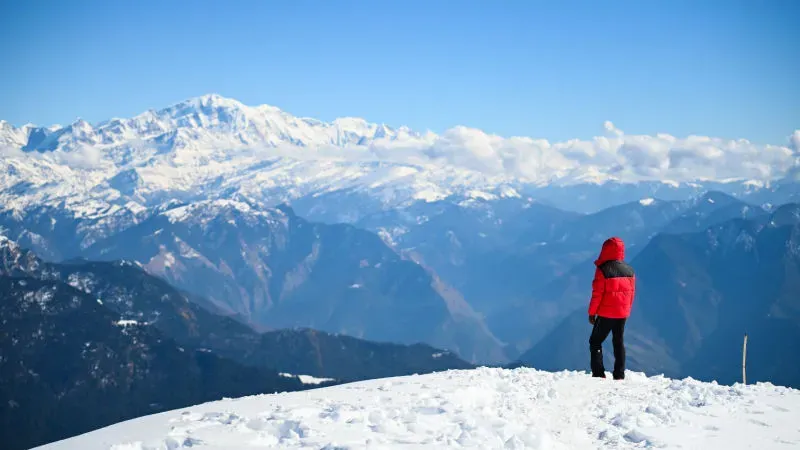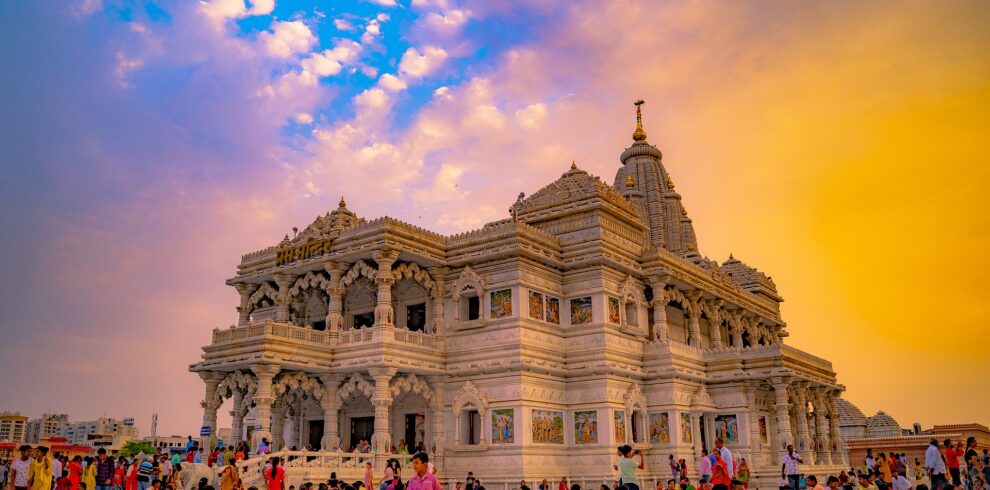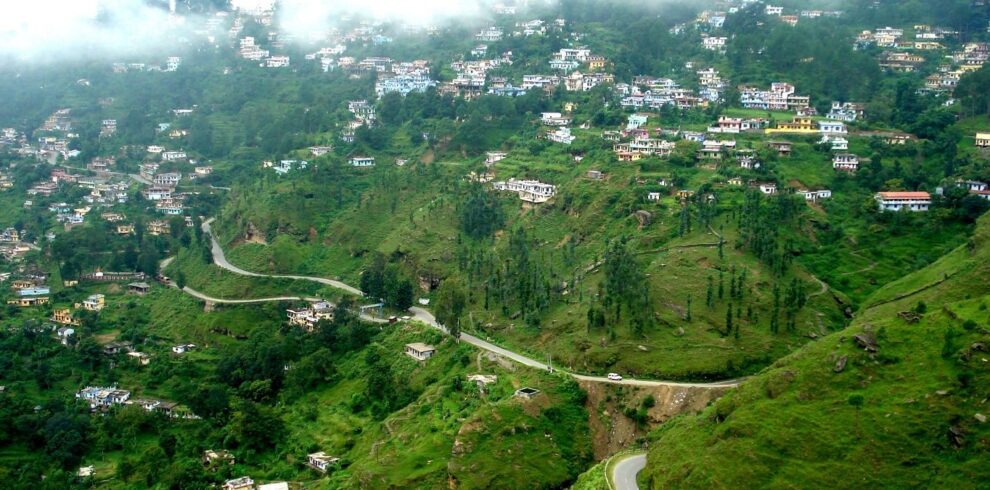Chopta is a small region of meadows and evergreen forest area, a part of Kedarnath wildlife sanctuary located in Uttarakhand state, India and a base for Popularly referred to as the ‘mini Switzerland‘ of Uttarakhand, Chopta (at an approximate altitude of 2,608 m) is a slice of paradise tucked away in the Garhwal Himalayas.Nestled in the Himalayas, Chopta offers pristine and clear views of the Nanda Devi, Trishul and Chaukhamba peaks. It is particularly known for being home to the five most sacred temples dedicated to Lord Shiva – also known as Panch Kedar.Chopta which is nestled in the beautiful Himalayas provides trekkers with a great chance to witness the clear vision of some famous Himalayan peaks of Nanda Devi, Trishul, and Chaukhamba peak. This is Heaven for a person who would like to explore spiritual and adventurous journeys altogether.Chopta village is surrounded by forests of pine, deodar and rhododendron and is rich in flora and fauna include rare species of birds and musk deer.
Chopta is a small region of meadows and evergreen forest area, a part of Kedarnath wildlife sanctuary located in Uttarakhand state, India and a base for Popularly referred to as the 'mini Switzerland' of Uttarakhand, Chopta (at an approximate altitude of 2,608 m) is a slice of paradise tucked away in the Garhwal Himalayas.
Travel is the movement of people between relatively distant geographical locations, and can involve travel by foot, bicycle, automobile, train, boat, bus, airplane, or other means, with or without luggage, and can be one way or round trip. Travel can also include relatively short stays between successive movements.
The origin of the word “travel” is most likely lost to history. The term “travel” may originate from the Old French word travail, which means ‘work’. According to the Merriam Webster dictionary, the first known use of the word travel was in the 14th century.
It also states that the word comes from Middle English travailen, travelen (which means to torment, labor, strive, journey) and earlier from Old French travailler (which means to work strenuously, toil). In English we still occasionally use the words “travail”, which means struggle. According to Simon Winchester in his book The Best Travelers’ Tales (2004), the words “travel” and “travail” both share an even more ancient root: a Roman instrument of torture called the tripalium (in Latin it means “three stakes”, as in to impale).







